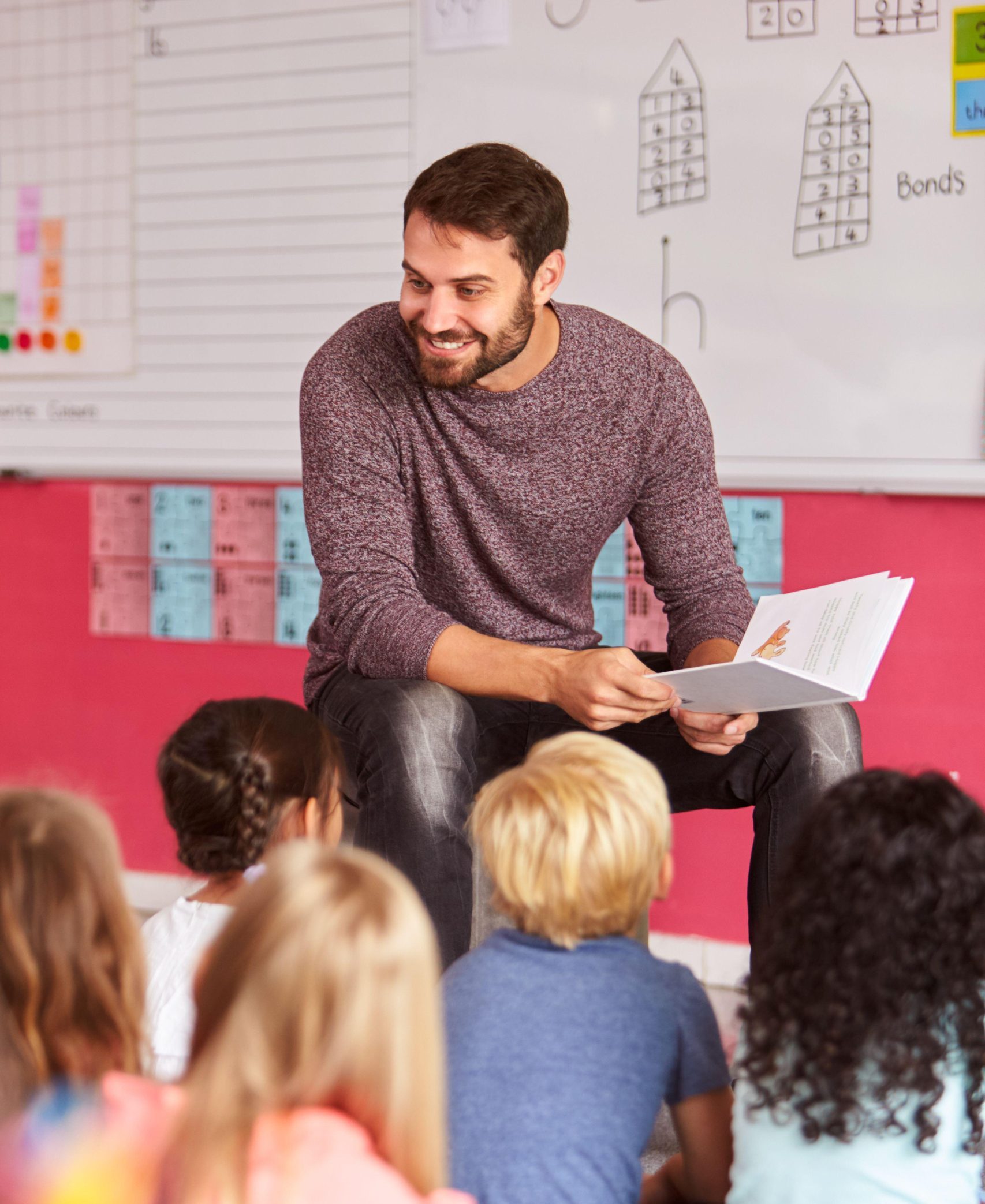Over the last few years, schools around the country have made a concerted effort to emphasize character education in curriculum. These efforts can vary from formal curricula to teachers being given a particular virtue or trait to “highlight” that month. In the case of the latter, teachers are often left to find the time and resources to fill a tasked requirement.
As with so much in education, finding a way to meet multiple needs with a single resource can be the key to incorporating the development of character virtues in students while not sacrificing valuable instructional time. This is where using a biography for a read-aloud can be useful.
Developing Students’ Character Virtues
Character virtues can effectively be developed through reading stories to students, especially if those stories are about real people. This idea of instilling the values of a culture through stories is one that can be traced back to Aristotle. He argued that cultural stories hold a power that can inspire emotions and motivations necessary for virtues to develop.
Biographies of historical figures are tools to introduce students to real-life role models for morality and virtues across cultures and throughout history. These accounts can serve as effective educational tools by providing relatable stories of real individuals who faced challenges and overcame them, inspiring students to emulate positive qualities.
Biographical narratives can cultivate empathy and understanding, enhancing students’ sense of connection to historical figures and their struggles. Providing students with exemplar narratives can also give students a glimpse into the good and the bad of a person’s character and their moral development.
The Value of Flawed Heroes
In biographies of historical figures, the main characters are most often portrayed as heroes, even if they are shown to have flaws. This is where inspiring class discussions can take place. Many of these figures are strong moral role models, because they have already overcome their own weaknesses or traits that are perceived as negative.
Having meaningful discussions about historical “heroes” with students can provide an opportunity for them to see how moral characteristics are represented in others while reflecting on how they can improve their own positive character traits and virtues. Within these discussions, it can be acknowledged that even heroes have flaws; it is how you overcome those flaws that is important.
Biographies from The Core Knowledge Foundation
The Core Knowledge Foundation has created its Voices in History series to help teachers and students learn more about famous and not-so-famous historical figures. This series encourages young readers to learn about real superheroes in history. As a result of acts of extraordinary bravery, ingenuity, strength, and determination, these people made a difference and changed the world. Perhaps their remarkable stories will inspire young readers to become the superheroes of the future.
The Voices in History series includes famous figures like Helen Keller, Thomas Edison, and Abraham Lincoln and not-so-famous figures like Toypurina, Federico Fernández Cavada, and Susan La Flesche Picotte.

Each written by an award-winning author, these books are designed to be read independently or read aloud in a classroom setting. The people featured in this series appear in the Core Knowledge Sequence and in the following curriculum programs: CKLA, CKHG, and CKSci.These books are suitable for readers aged 8 and up.
